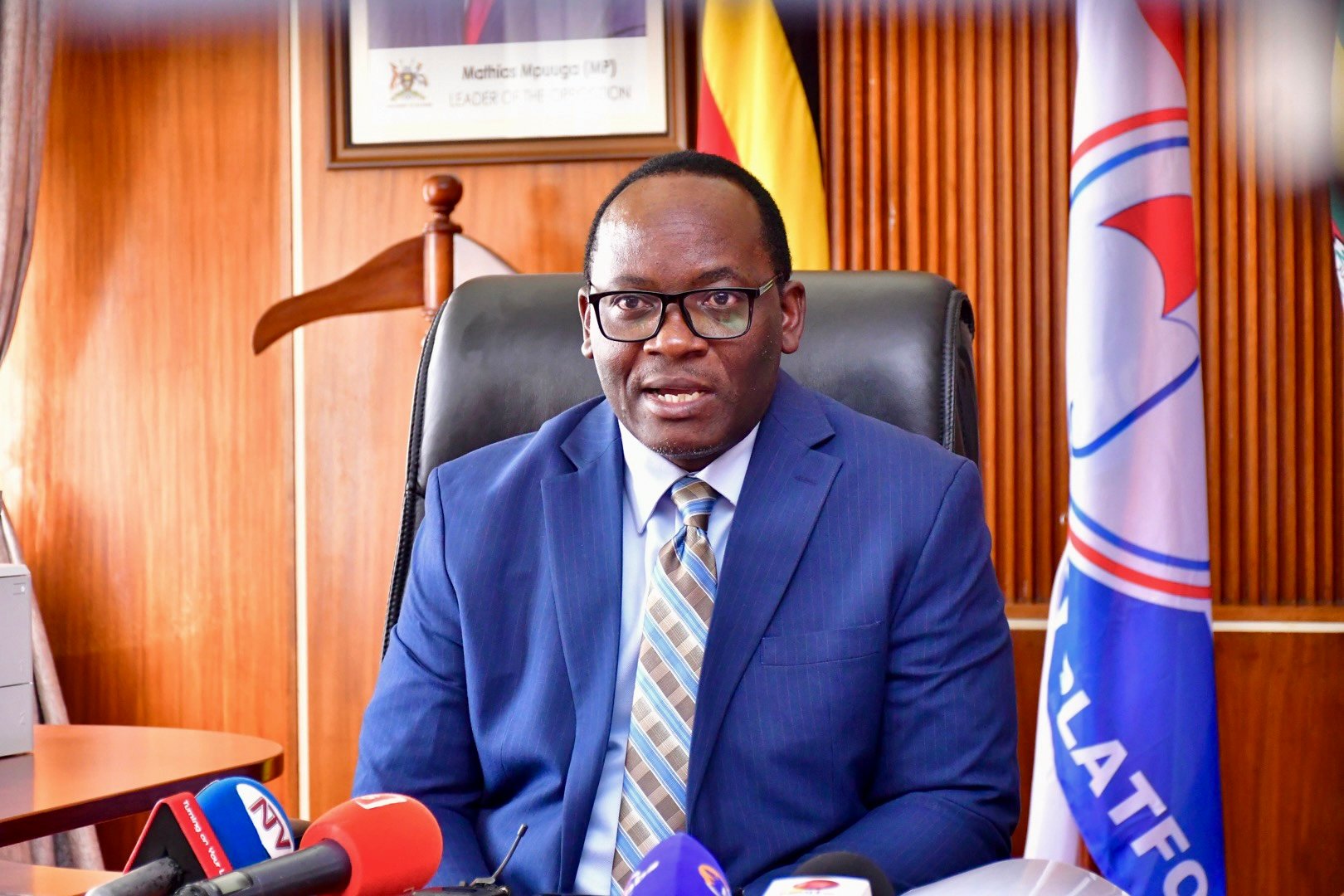
A group of legislators, spearheaded by Lwemiyaga County MP Theodore Ssekikubo, is preparing a motion to censure Mathias Mpuuga, the former Leader of the Opposition, and three Backbench Commissioners over a controversial service award. The motion accuses them of misconduct and abuse of office.
In March 2022, Hon. Mpuuga negotiated and received Shs500 million as a service award from the Parliamentary Commission. This transaction was approved during a meeting chaired by Speaker Anita Among. Additionally, Shs400 million was awarded to each of the three backbench commissioners: Solomon Silwany (Bukooli Central), Esther Afoyochan (Zombo Woman), and Prossy Mbabazi (Rubanda Woman), all members of the ruling NRM party.
The payments were made on a personal basis, raising questions about their legitimacy, especially since the recipients had not even served a full year in office at the time. The essence and timing of the award have since sparked significant controversy.
While the three backbench commissioners have remained silent on the issue, Mr. Mpuuga has openly defended himself. He has faced criticism from within his own party, the National Unity Platform, and its leader, Robert Kyagulanyi. Despite the backlash, Mpuuga maintains that he has done nothing wrong, asserting his innocence and integrity.
The legislators pushing for the censure motion argue that the conduct of Mpuuga and the commissioners constitutes a clear case of abuse of office. They believe the payments undermine public trust in the integrity of the Parliamentary Commission and set a dangerous precedent for future conduct within the legislature.
Speaker Anita Among, who presided over the meeting that authorized the payments, has not publicly commented on the controversy. The silence from the Speaker and the three backbench commissioners has only fueled further speculation and public outrage.
The proposed censure motion is expected to ignite a heated debate within Parliament. It also poses a significant challenge to the leadership of the Parliamentary Commission and the credibility of the NRM party, which has prided itself on promoting transparency and accountability.
The outcome of this motion could have far-reaching implications for the political landscape in Uganda, especially as the country gears up for the 2026 General Election. As public scrutiny intensifies, the actions of these legislators will likely be closely monitored by both political analysts and the general populace.
The censure motion against Mathias Mpuuga and the three Backbench Commissioners highlights deepening concerns over accountability and governance within Uganda’s parliamentary system. Whether this motion will lead to any tangible consequences remains to be seen, but it undoubtedly underscores the urgent need for transparency and ethical conduct in public office.











